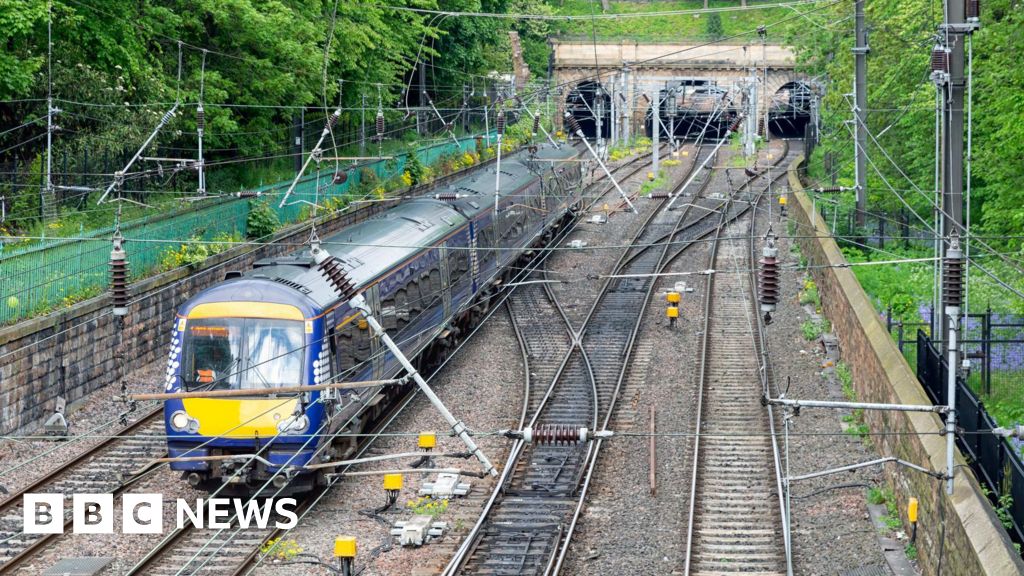Bussiness
ScotRail warns of more disruption during drivers’ pay dispute – BBC News

Image source, Getty Images
ScotRail is warning customers to check their journeys before they travel on Monday, in case of further disruption.
The advice comes after cancellations affected many services on Sunday. Some routes ran less frequently or finished earlier than usual.
The operator said the disruption was due to fewer than normal train drivers taking on overtime as a pay dispute continues.
About a quarter of services are believed to have been cancelled.
Routes from stations like Helensburgh, Milngavie, and Balloch were particularly badly hit, reduced to one per hour.
The train drivers’ union Aslef informed ScotRail on Friday it was considering a ballot for industrial action in the pay dispute.
In the meantime, a number of train drivers have refused to work extra Sunday shifts and overtime, which has had an impact on services.
ScotRail said it was traditional in the rail industry for Sunday services to rely on drivers taking on extra shifts as overtime.
There is now concern from ScotRail that shifts which have to be covered at short notice during the week, due to illness for example, will also be difficult to fill.
Aslef said the Scottish government had failed to address a driver shortage and pay issues.
The union’s Scotland organiser Kevin Lindsay said the Scottish government should have seen the issues coming “a mile down the tracks”.
ScotRail said they have to abide by the Scottish government’s public sector pay guidelines, and made an offer in line with those on Friday.
Mark Ilderton, ScotRail service delivery director, said the operator was sorry for the inconvenience caused to customers.
“We want to resolve the pay dispute matter with trade unions and will remain fully committed to further discussions,” he said.
ScotRail is planning to recruit 160 new drivers every year for the next couple of years.
It said this would help address the backlog of driver training which happened during Covid when it was not possible to pair an instructor with a trainee.








